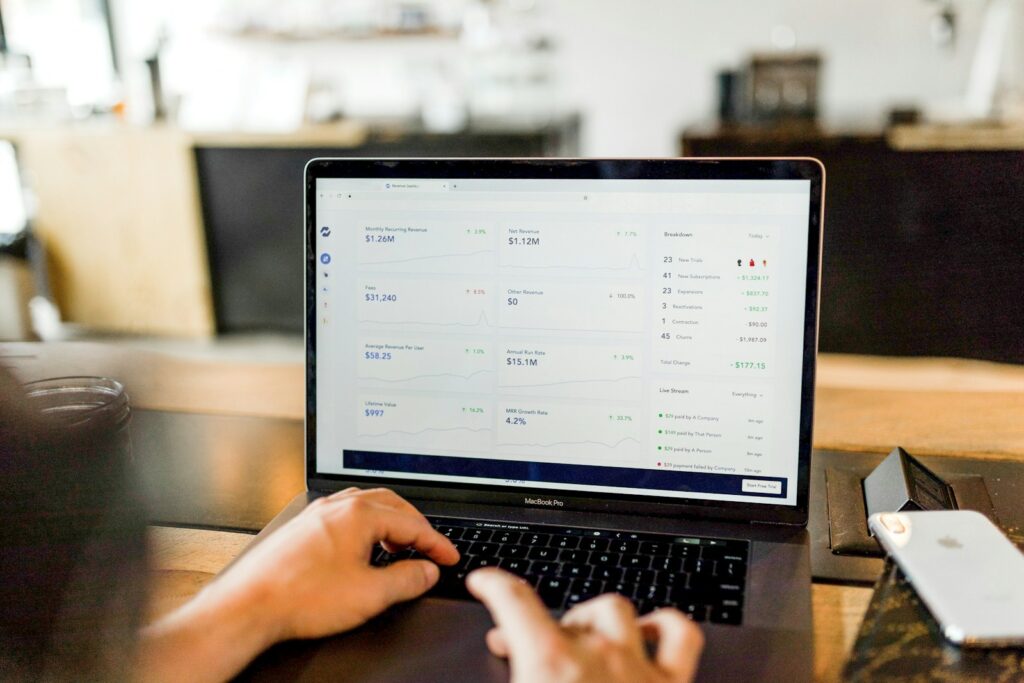Securing a spot in a PhD program is a significant milestone, and the interview process is a critical step in this journey. Understanding PhD interview questions is essential for prospective candidates aiming to make a lasting impression. This topic is relevant because it helps applicants prepare effectively, increasing their chances of success. Let’s delve into the details of common PhD interview questions and how to navigate them with confidence.
What Are PhD Interview Questions?
PhD interview questions are queries posed by academic committees to evaluate a candidate’s suitability for a doctoral program. These questions assess the applicant’s research interests, academic background, motivation, and potential contributions to the field. Understanding these questions is crucial for applicants to prepare articulate and thoughtful responses.
Most Common PhD Interview Questions

What inspired you to pursue a PhD?
Interviewers ask this question to understand your motivation and commitment to research. They are interested in knowing what drives your passion and how it aligns with the program. Be specific about your inspirations and how they have shaped your academic journey.
Example: “My passion for environmental science was sparked during my undergraduate studies when I conducted research on climate change impacts. The desire to contribute to sustainable solutions led me to pursue advanced research. This PhD program offers the perfect platform to deepen my knowledge and make a significant impact in this field.”
Can you describe your previous research experience?
This question aims to assess your research skills and experience. Highlight key projects, methodologies used, and the impact of your work. Emphasize how your experience has prepared you for the challenges of a PhD.
Example: “In my master’s program, I researched renewable energy technologies, focusing on solar power efficiency. I used a combination of laboratory experiments and computer simulations to analyze data. This experience honed my analytical skills and confirmed my interest in sustainable energy research.”
Why do you want to join this particular PhD program?
Interviewers want to see if you have a genuine interest in their program. Mention specific aspects of the program, faculty members, or research facilities that attract you. Show that you have done your homework and understand what the program offers.
Example: “I am drawn to this PhD program because of its strong emphasis on interdisciplinary research and the opportunity to work with Professor Smith, whose work on neural networks aligns with my research interests. The state-of-the-art lab facilities will enable me to conduct cutting-edge research. This program’s collaborative environment is ideal for my academic growth.”
What are your long-term career goals?
This question helps interviewers gauge your vision and how a PhD fits into it. Outline your career aspirations and how the program will help you achieve them. Show that you have a clear plan and are committed to your field.
Example: “My long-term goal is to become a leading researcher in artificial intelligence, focusing on developing ethical AI systems. This PhD will equip me with the necessary skills and knowledge to conduct pioneering research. Ultimately, I aim to contribute to academia and industry by advancing AI technology responsibly.”
How do you handle challenges and setbacks in research?
Researchers often face obstacles, and this question assesses your resilience and problem-solving skills. Provide an example of a challenge you encountered and how you overcame it. Emphasize your perseverance and adaptability.
Example: “During my undergraduate research, I faced a significant challenge when my initial data collection method proved ineffective. I re-evaluated my approach and consulted with my advisor, which led to a successful alternative strategy. This experience taught me the importance of flexibility and persistence in research.”
What specific research question do you want to explore during your PhD?
This question assesses your research focus and its feasibility. Clearly articulate your research question and its significance. Explain how it aligns with the program’s strengths.
Example: “I aim to explore how machine learning algorithms can improve early detection of diseases through medical imaging. This research question is crucial for advancing healthcare technology and aligns with this program’s expertise in biomedical engineering. I believe this work can lead to significant improvements in patient outcomes.”
How do you plan to fund your PhD studies?
Funding is a crucial aspect of doctoral studies, and interviewers want to know your plan. Discuss any scholarships, grants, or assistantships you are applying for. Show that you have considered the financial aspect thoroughly.
Example: “I plan to fund my PhD through a combination of research assistantships and external scholarships. I have already applied for the ABC Scholarship and intend to apply for additional grants offered by industry partners. These funding sources will support my research and academic journey.”
What do you expect from your supervisor during your PhD?
This question helps interviewers understand your expectations and how you will interact with your supervisor. Describe the type of support and guidance you seek. Highlight the importance of a collaborative and communicative relationship.
Example: “I expect my supervisor to provide mentorship and guidance on my research direction, while also allowing me the independence to develop my ideas. Regular feedback and constructive criticism are crucial for my growth. I value open communication and a collaborative approach to overcome challenges.”
Can you discuss a time when you worked as part of a research team?
Teamwork is essential in research, and this question assesses your collaborative skills. Provide an example of a project you worked on with others and your role in the team. Emphasize the importance of teamwork in achieving research goals.
Example: “In my master’s program, I worked on a team project analyzing climate change models. My role involved data analysis and coordinating with other team members to integrate findings. This experience highlighted the importance of collaboration and communication in achieving successful research outcomes.”
How do you stay updated with the latest developments in your field?
Staying current is vital for researchers, and this question assesses your commitment to continuous learning. Mention specific journals, conferences, or online platforms you follow. Show that you are proactive in keeping your knowledge up-to-date.
Example: “I stay updated by regularly reading journals like Nature and attending conferences such as the IEEE Symposium on Neural Networks. Additionally, I am an active member of online forums and professional networks. These resources help me stay informed about the latest advancements and trends in my field.”
How to Get Prepared for PhD Interview Questions

Research the Program Thoroughly
Understand the specifics of the program you are applying to, including its faculty, research facilities, and recent publications. This knowledge will help you tailor your answers to show your genuine interest. It also enables you to ask insightful questions during the interview. Being well-informed about the program demonstrates your commitment and seriousness as a candidate.
Practice Common Questions
Prepare by practicing answers to common PhD interview questions. This helps you articulate your thoughts clearly and confidently. Use mock interviews with peers or mentors to receive feedback. Rehearsing your responses ensures you are not caught off guard during the actual interview.
Know Your Research Proposal Inside Out
Be prepared to discuss your research proposal in detail, including its objectives, methodology, and potential impact. This demonstrates your preparedness and passion for your research topic. Anticipate questions about the feasibility and relevance of your research. A deep understanding of your proposal shows you are ready for the rigors of a PhD program.
Showcase Your Skills and Experiences
Highlight your relevant skills and experiences that make you a strong candidate for the PhD program. Discuss specific projects or work experiences that have prepared you for advanced research. Emphasize transferable skills such as problem-solving, critical thinking, and communication. Demonstrating a robust skill set reinforces your capability to succeed in the program.
Stay Calm and Confident
Maintain a calm and confident demeanor throughout the interview. Practice mindfulness or stress-relief techniques to manage anxiety. Confidence can positively influence the interviewer’s perception of your readiness. Remember that the interview is also an opportunity for you to assess if the program is the right fit for you.
Special Focus Section: Navigating Unexpected Questions
In a PhD interview, you might encounter unexpected questions that challenge your thinking. These questions test your critical thinking and adaptability under pressure.
- Think Aloud: When faced with a difficult question, verbalize your thought process. This shows the interviewers how you approach problem-solving.
- Stay Honest: If you don’t know the answer, admit it gracefully and express a willingness to learn. Honesty is valued more than trying to bluff your way through.
- Connect Back to Your Strengths: Relate the question back to your skills or experiences whenever possible. This reinforces your suitability for the program.
Unexpected questions are a chance to demonstrate your intellectual curiosity and ability to think on your feet, key qualities for a successful PhD candidate.
Conclusion
Being well-prepared for PhD interview questions can significantly enhance your chances of securing a spot in a prestigious program. Understanding common questions and how to answer them thoughtfully is crucial. Stay confident, practice diligently, and be ready to showcase your passion and readiness for advanced research. Good luck with your PhD interview journey!
